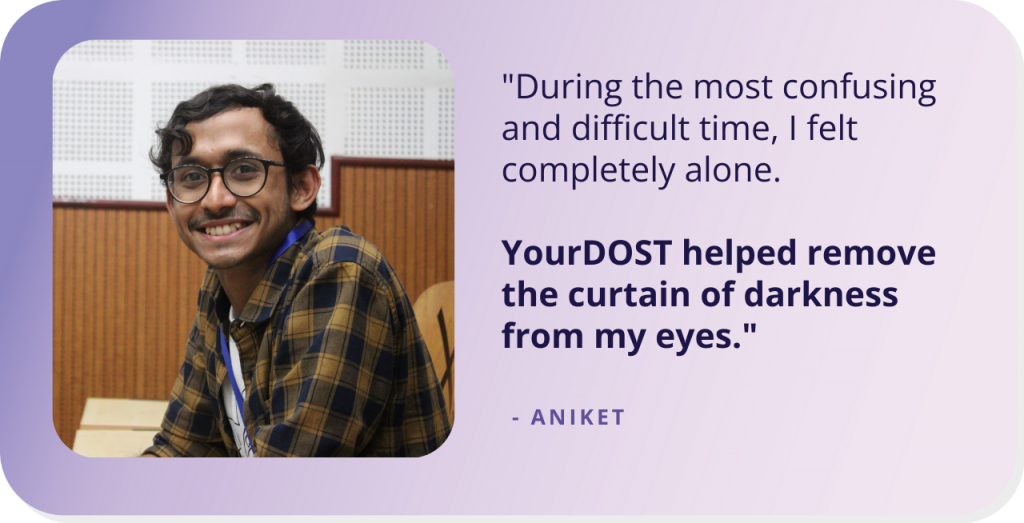Anger : Hide And Seek Of True Feelings
Anger is one of the six emotions that are innate to us (present from birth). Most of us have gone through phases of being angry and highly reactive in life. It is one of the most frequently presented issues for psychological help. With the strides in human development, understanding about emotions and their manifestations has also evolved; and anger is no exception. Anger might imply a lot more about an individual than just high blood pressure and the classic facial expressions! Let us dive into this emotion and try to know it better.
Although anger has a negative connotation in today’s world, it has actually been an integral part of human experience throughout the history of mankind. Anger has its strong evolutionary roots and has helped our ancestors increase their chances of survival. It has also served purposes like ensuring the continuity of one’s genetic heritage by displaying dominance and thus enhancing one’s image as a suitable mate for procreation. Thus, it is known to have played a meaningful role in human evolution.
Anger might be experienced due to variety of reasons. To comprehend this better, one can categorize them as:
- Anger arising from direct or external causes.
- Anger arising from indirect, latent or internal causes.
Direct cause of anger can be any external incident for example, reaction to traffic jam when one is getting late to reach to an important meeting. This kind of anger is usually manifested over a limited time span and is not usually carried over. The latter type i.e. anger resulting from indirect cause does not arise from a current situation but due to the hidden thoughts, feelings and motives a person might have possessed for a very long time. These lead to reaction in the form of anger. Indirect form of anger usually tends to evoke more distress and damage (both physical and psychological) to oneself and to others who are at the receptive end. Thus, latent anger can be considered a more maladaptive and unhealthy manifestation of this emotion.
 |
| Source: www.giphy.com |
The indirect or maladaptive experience of anger can be indicative of various other issues which have not been resolved and are thus finding a way out through expression of anger. These issues can be related to other feelings like guilt, or even shame. One tends to become more defensive in order to avoid experiencing shame and guilt, as these are perceived as threat to one’s identity and self image. An individual might thus engage in expression of anger in order to get rid of these feelings. Other such hidden feelings might be, feelings of being a victim of oppressive circumstances, feelings of jealousy, and being neglected or avoided.
Another intriguing manifestation of anger serves as a way of protecting oneself of negative experiences arising from recognizing one’s own anger. Complicated.. isn’t it? well! One tends to engage in unconscious evaluation of one’s traits and tends to disown or reject those that are not positive. But, our personality is not that simple. It finds some way to express itself. In one such form, one tends to see one’s own negative traits in another person and might thus blame and label them. For example, a woman might constantly get irritated with her husband but might mention the husband’s ‘angry nature’ as the reason for her own irritation. This is termed as ‘Projection’. It is an expression of one’s own anger through reflection on another individual and implies that the individual himself/herself has issues which require healthy resolution.
Clinical help is recommended when these manifestations of anger become obstacles in social, personal and/or occupational functioning of an individual. Apart from physiological symptoms, treated by medication (if necessary), the treatment and management usually involves unfolding of the unresolved issues underlying the expression of anger. Alongside counselling and psycho-therapeutic techniques, including breathing exercises like ‘pranayama’ and relaxation training also helps in the long term well-being of the individual.
So, next time you experience anger or see someone around you getting angry, you might choose to put on your thinking hat. Now we know why great men asked not to react to someone’s anger because anger is one complicated emotion that tends to show a lot more than what meets the eye.





